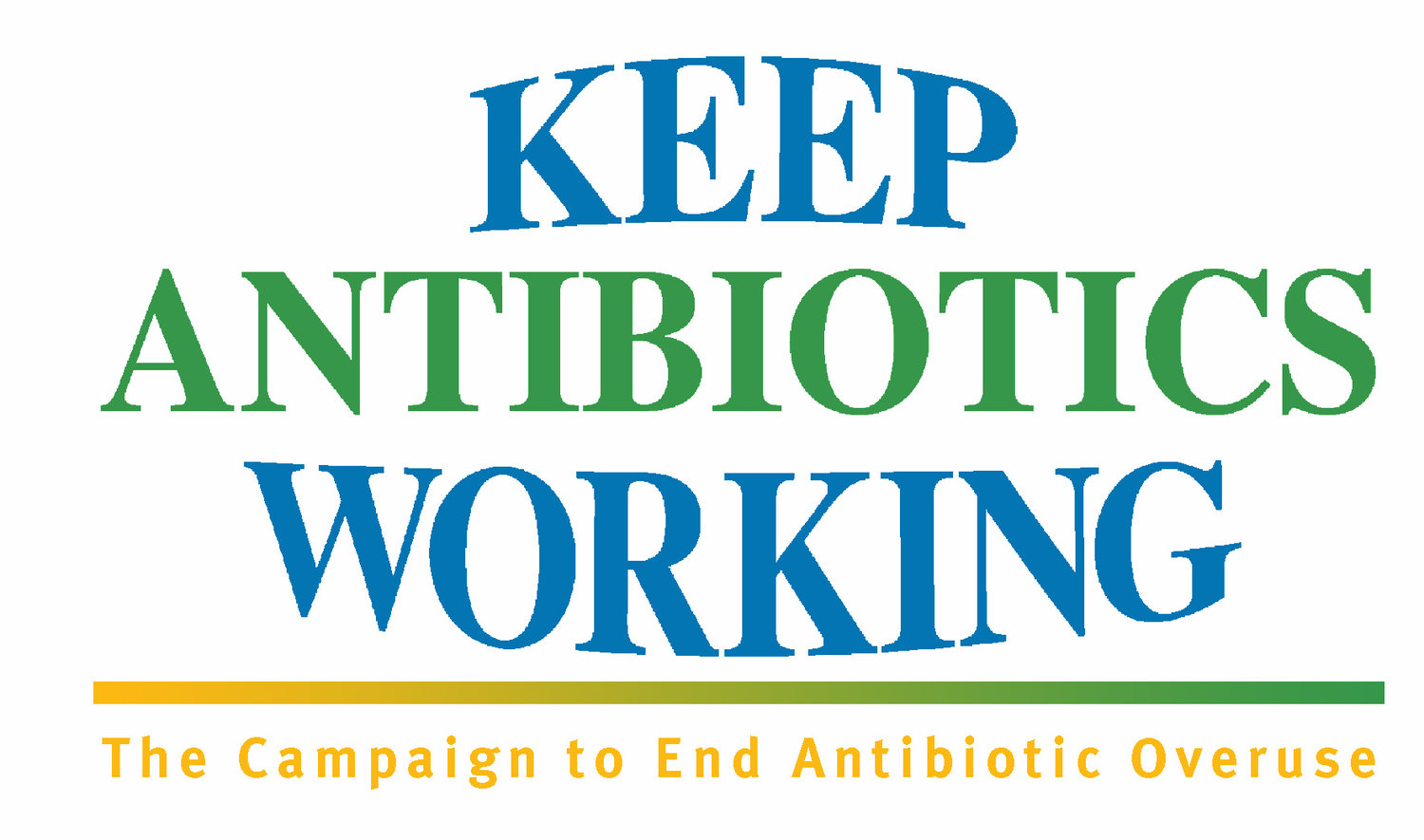McDonald's Drops Its Commitment to Reduce Use in Its Global Beef Supply
Why “responsible use” is not a good alternative for “reducing use” when it comes to antibiotics and resistant superbugs.
STEVE ROACH, SAFE & HEALTHY FOOD PROGRAM DIRECTOR, FOOD ANIMAL CONCERNS TRUST
McDonald’s recently dropped its commitment to establish “reduction targets for medically important antibiotics" which was made in 2018 and replaced it with a new commitment to establish “targets for the responsible use of medically important antibiotics" as its policy for beef served in its restaurants. This is a major setback for the fight against antibiotic resistance. Reduction targets are important because the level of antibiotic use is what is driving the spread of antibiotic resistant superbugs that are creating the antibiotic resistance crisis.
Under the previous policy, McDonald’s beef suppliers would have been expected to reduce the amount of antibiotics they were using over a fixed time period. In practice this meant suppliers would need to identify and eliminate any uses that were not necessary and then for further reductions take additional steps to address the conditions that led to the use. In cattle production this can be accomplished by lowering the number of high-risk cattle that come into feedlots and improving the diet of cattle once they get there. In our current market, it is cheaper for feedlots to purchase calves that they know are likely to get sick and it is cheaper to feed high grain diets that lead to health problems like liver abscesses. In order to sustain reductions in use these practices need to change.
Under the new policy to set targets for responsible use, it is not clear what producers are going to be asked to do. But whatever it is, if it is going to be effective at “fixing” the problem of antibiotic resistance, it will only work if it lowers use. Overuse of antibiotics is creating the problem so lowering use is the only way to solve it. FACT and our allies in Antibiotics Off the Menu are concerned that McDonald’s will consider it “responsible” for its suppliers to continue giving high levels of antibiotics since the cows benefit from the antibiotics under the current way they raise cattle. More importantly if they do make changes to how they raise cattle this will only provide a benefit in the fight against resistance if use goes down.
The World Health Organization (WHO) lists reducing overall use of antibiotics in food animals as its first recommendation in its “Guidelines On Use Of Medically Important Antimicrobials In Food-Producing Animals.” Similarly the World Animal Health Organization (the WHO for animals) calls for reductions in the use of antibiotics in food animals. By switching from “reductions”, i.e.taking measurable steps to address the cause of the problem, to “responsible use”, doing something very vague that might lead to measurable changes in use but might not, McDonald’s is taking a big step backwards.
This refusal to acknowledge the need to reduce use and set targets for reductions is not limited to McDonald’s. The U.S. Food and Drug Administration (FDA) and the U.S. Department of Agriculture (USDA) both refuse to support reductions in the use of antibiotics in food animals as a valid policy goal. In international meetings on antibiotic resistance related to agriculture, I have seen the U.S. led by FDA and USDA oppose any inclusion of language related to “reducing antibiotic use”. I once received an email from an official in the USDA to agency staff that had the following language:
(USDA and USG) position on this issue is “optimize use”, “reduce inappropriate use”, or “reduce the need”, never “reduce use”. Our US position is that due to changes in animal disease such as outbreaks, we can’t just say we are going to “reduce use”.
But how do you measure if you have actually “reduced the need to use antibiotics” except by looking at use, so you might as well have a reduction target. Putting your focus on reducing the need to use also implies that the current level of use is actually needed. We know it’s not because countries that have set targets to reduce use are able to produce porkand beef, with much less antibiotics than in countries like the U.S. that have not set reduction targets. By focusing on responsible use or need to use instead of reducing use, no actual change is needed. For big agriculture’s proponents, whatever big agriculture happens to be doing at the moment is always like baby bear’s porridge “just right” or in this case “responsible.”
This attitude that possible future disease may mean we need to use more antibiotics so we should not try to reduce use is in stark contrast to how CDC saw increases in antibiotic use linked to COVID-19. For CDC, this was a major setback, but for the industry it was an example of why you shouldn’t even try to reduce use.
I recently attended a meeting on research on antibiotic resistance in agriculture where a major funder of this research in the U.S. answered the question "What are the biggest needs and concerns around AMR in the next 5/10 years?" with “Need to defend the appropriate use of antimicrobials in animals, to preserve their use for animal health and welfare.”
For these folks, keeping access to drugs for the livestock industry is more important than protecting public health. McDonald’s initial commitment to actually reduce use was acting to protect public health however, their recent shift to “responsible use” without reduction targets has aligned them with the agriculture industry position.
